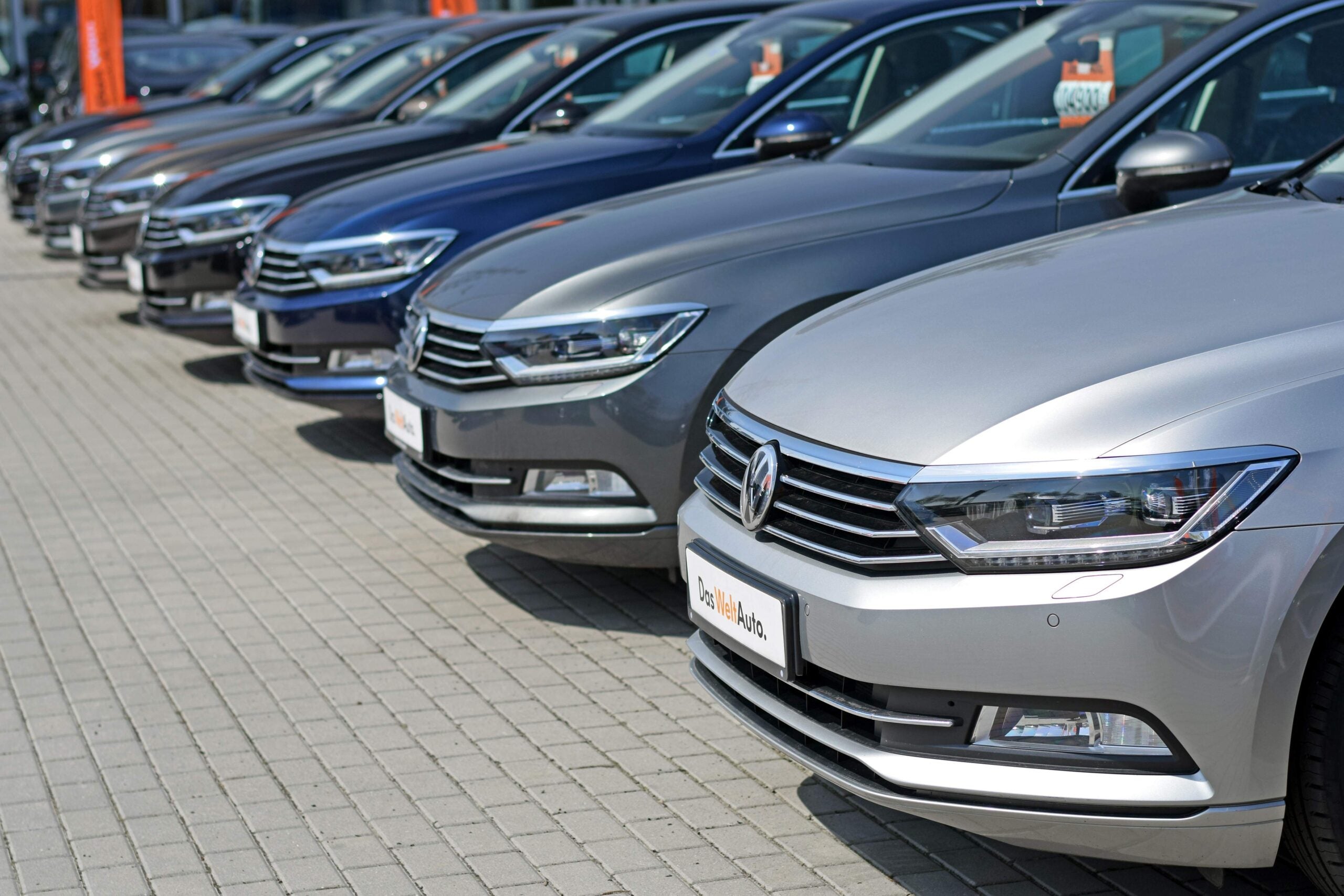
New car sales fell by 2.8% year-on-year in February, totalling 80,805 vehicles, according to figures from the Society of Motor Manufacturers and Traders (SMMT).
This translated to around 2,300 fewer vehicles sold compared to February 2017.
Diesel and petrol continued to see diverging fortunes, with diesel sales falling 23.5% to 28,300 vehicles and petrol sales rising 14.4% to almost 49,000 vehicles.
Market share was 35% for diesel and 60.6% for petrol, compared to 44.5% and 51.5%, respectively, in the same month last year.
Alternatively-fuelled vehicle (AFVs) sales grew 7.2% to 3,500 vehicles.
Private and fleet registrations fell to 35,200 (-2.0%) and 44,550 (-2.5%) vehicles respectively.
How well do you really know your competitors?
Access the most comprehensive Company Profiles on the market, powered by GlobalData. Save hours of research. Gain competitive edge.

Thank you!
Your download email will arrive shortly
Not ready to buy yet? Download a free sample
We are confident about the unique quality of our Company Profiles. However, we want you to make the most beneficial decision for your business, so we offer a free sample that you can download by submitting the below form
By GlobalDataMike Hawes, SMMT chief executive, said: “Although the new car market has dipped, it remains at a good level despite the drop in demand for diesel. Consumers should be reassured, however, that the latest cars are the cleanest in history and can help address air quality issues, which is why they are exempt from any restrictions.
“Looking ahead to the crucial number plate change month of March, we expect a further softening, given March 2017 was a record as registrations were pulled forward to avoid VED changes.”
Nathan Coe, chief operating and finance officer at Auto Trader, said: “It will be used cars that provide the most interesting opportunity in 2018. In the past five years the number of cars under four years old listed for sale on Auto Trader has increased by a third, providing people on a wide range of budgets the opportunity to change into a newer, cleaner and better [car].
“So whilst new cars are down, used cars will be more stable and this year will offer car buyers a great choice of newer, cleaner and better cars which in most cases can be paid for on a monthly basis.”
Ashley Barnett, head of consultancy at Lex Autolease: “Higher taxes and Clean Air Zones could be discouraging the use of diesel cars and driving a shift towards petrol, as some consumers remain undecided on the suitability of alternative fuels for their needs. However, many of the very latest diesel vehicles can emit lower levels of greenhouse gases than their petrol counterparts and should continue to have an important role for a large proportion of vehicle users.
“According to the SMMT’s new car CO2 Report, the average CO2 emissions figure for new cars rose in 2017 for the first time in 19 years, which could be an unintended consequence of the push against diesel over the past 12 months or so.
Alex Buttle, director of Motorway.co.uk said: “Despite [the industry] doing its best to promote the benefits of Euro 6 diesel cars, there is little sign that sales will tick upwards any time soon. There are few rays of light to suggest better figures ahead.
“It’s difficult to see how there will be a change of fortune. The public seems to have made up its mind on diesel and no amount of rhetoric about the latest models being the cleanest in history, seems to be winning them over.
“There’s also an elephant in the room that needs to be addressed. Although AFV sales are rising, the uptake simply isn’t fast enough. While hybrid and electric sales were up 7.2% in February, petrol sales were up 14.4%. That should set alarm bells ringing in government but the bells are worryingly silent.”







